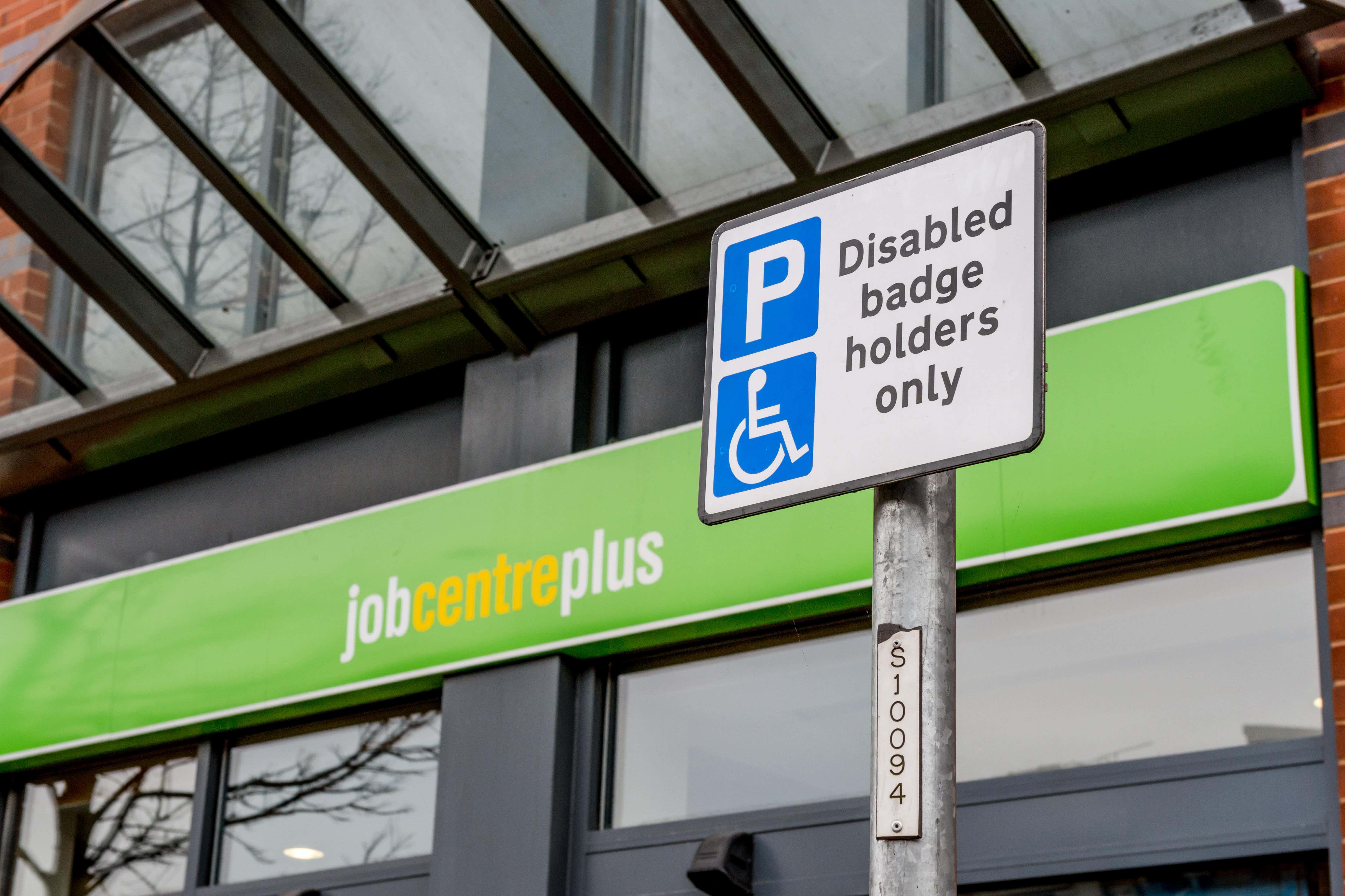The biggest welfare shake-up in a generation could come at a huge cost
But all is not lost. There is still reason for hope thanks to people power


Disabled people have long wanted to get rid of the fit-for-work test, known in government parlance as the Workplace Capability Assessment (WCA).
This cruel, often humiliating exercise is what you have to go through to get a little extra support if you have health conditions or disabilities that affect your ability to work.
So why wasn’t the government’s decision to scrap it greeted with cheers?
“We want to focus on what people can do,” was the line being pushed when the Department for Work and Pensions (DWP) published its Health and Disability white paper alongside the Budget.
Focusing on what people can do, as well as “supporting people into work”, sounds great, however the white paper contains changes that have left some concerned that these reforms will have negative impacts for many.
The first is that the unpleasant assessments people had to go through to claim incapacity benefit will be replaced by another set of them, in the form of the Personal Independence Payment (PIP).
The PIP is a non-means tested benefit designed to help disabled people with the often ruinous extra costs they face. My issue with PIP is, not only is it hard to get, but research shows the assessments share many of the same issues as WCAs do, and are often more problematic.
Not everyone who qualifies applies – the application process itself puts some off. People with short-to-medium term illnesses, or fluctuating conditions that affect their ability to work, often aren’t eligible as PIP is only payable if you have a condition for more than a year.
The highly respected Institute for Fiscal Studies (IFS) think tank have said that up to one million people on incapacity benefits could lose around £350 a month through the new measures. This may be the biggest welfare shake-up in a generation, but at what cost?
There are also subtler things we need to watch out for, such as the changing role of job coaches. These are the people in job centres whose responsibility it is to get people claiming Universal Credit into work. They will be charged with operating an enhanced sanctions regime, a key plank of the Tories’ plan to address Britain’s chronic labour shortages.
Now, for all its many flaws, the WCA did have one saving grace: when things went wrong, claimants could ask the Department for Work and Pensions to reconsider their case and they could appeal. This was a tough road to go down, but it was there.
With that gone, the up to one million people identified by the IFS will be left to the tender mercies of their job coach.
The new reforms will give these people – who aren’t medical professionals – an awful lot of power. That’s power with no clear course to appeal their decisions.
Even if you are lucky enough to get a job coach who is understanding of the fact that a health condition will limit the jobs you are capable of doing, their hands may be tied.
They may be subject to all sorts of targets – enforced by their managers – that severely limit their ability to be sympathetic and accommodating to an individual’s needs. Targets such as getting as many people off the claimant count as they can, or for imposing sanctions in order for ministers to show how tough they are on benefits claimants – before they break for lunch and peruse the House of Commons’ subsidised dining menu.
The Public Law Project (PLP) – a legal charity specialising in the disadvantaged – has looked at the current system and its conclusions are disturbing.
“As benefit sanctions exceed pre-Covid highs, interviews carried out by PLP with benefit claimants, advisers, and support workers reveal that people who try to question their sanctions face a complex, punitive and unaccountable system in which legitimate challenge feels futile,” it says.
It is not hard to see what the result of all this will be for some: sick and disabled people either being sanctioned into poverty or forced to take jobs for which their condition makes them unsuited and which may even damage their health. How is that to the benefit of anyone, including their employers?
There is a chance though – a reason for having hope. These proposals may not be enacted until after the next general election, when things may look very different. But we cannot take such things for granted. What’s required is that we keep on making our voices heard, and not just looking at the big changes, but watching out for the little ones as well.
Join our commenting forum
Join thought-provoking conversations, follow other Independent readers and see their replies
Comments
Bookmark popover
Removed from bookmarks